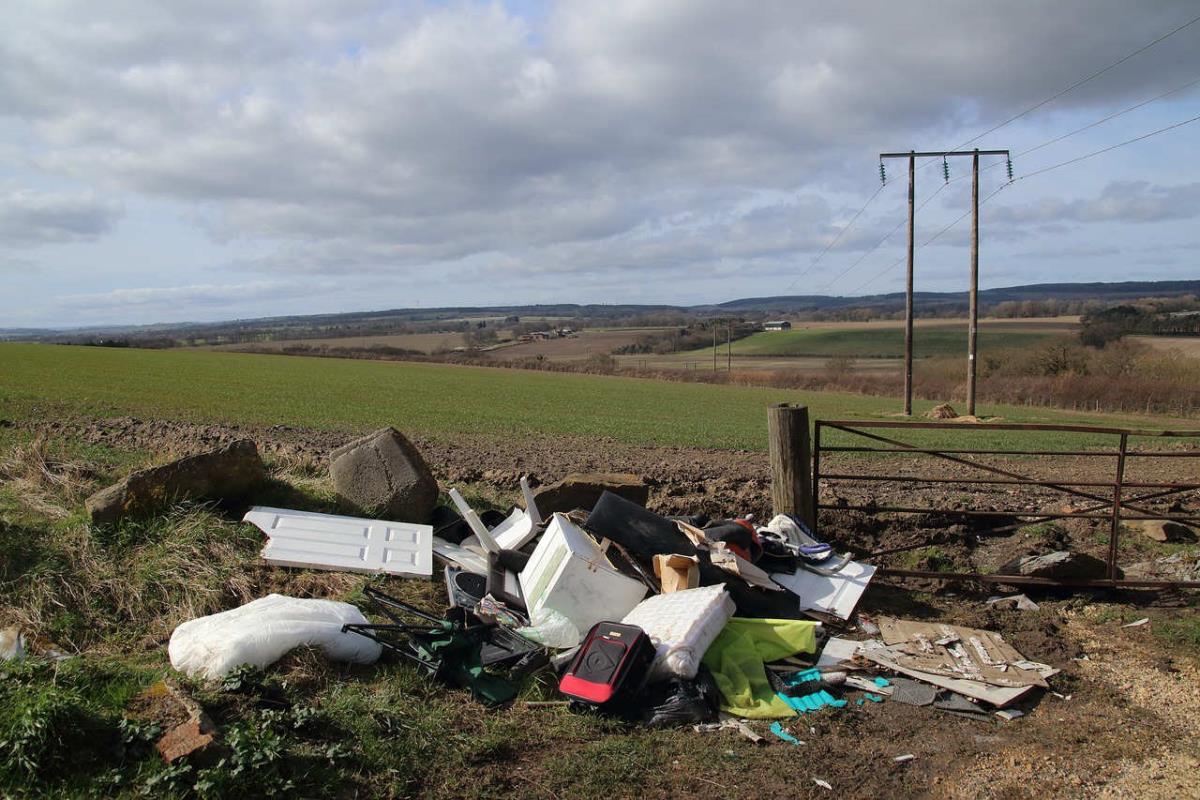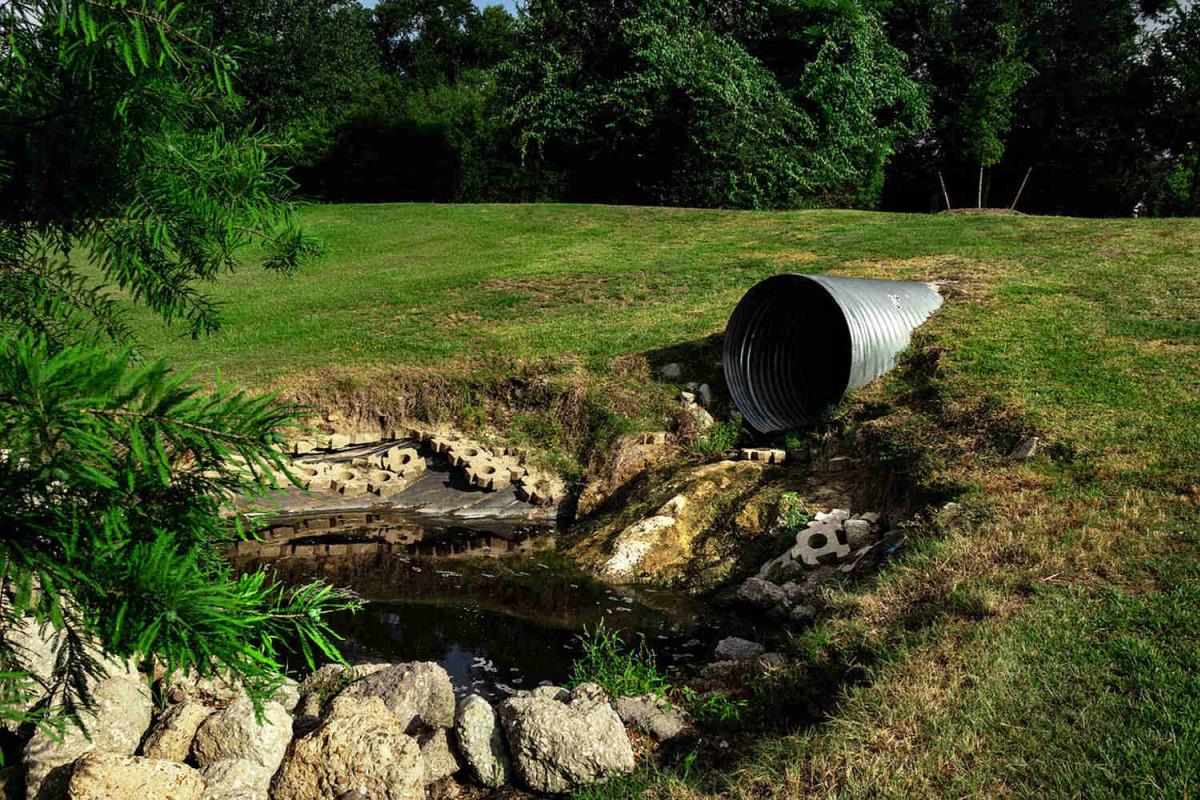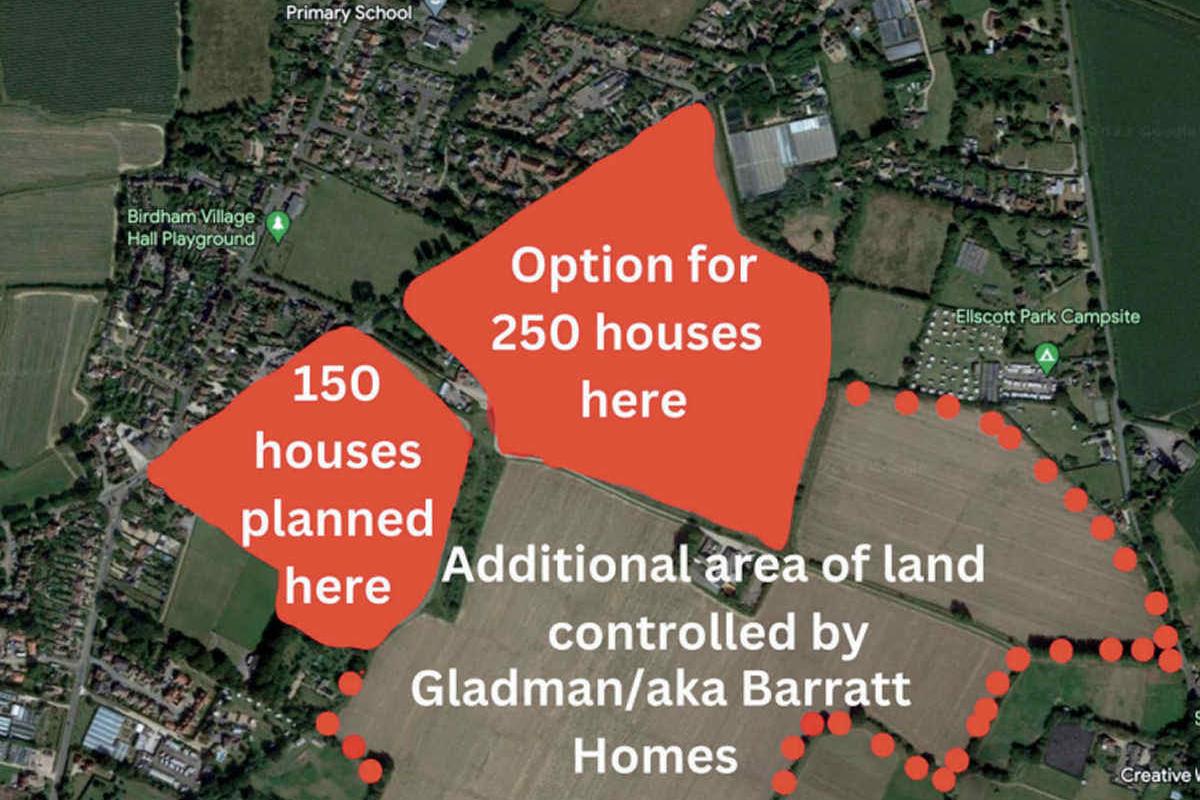
In a concerted effort to tackle the rampant issue of fly-tipping, a multi-agency operation has emerged as a beacon of hope. In West Sussex, Chichester District Council joined forces with Sussex Police, the Driver and Vehicle Standards Agency, and the Environment Agency in a bid to put a halt to the brazen act of illegal waste disposal.
This orchestrated crackdown saw 14 commercial vehicles pulled over and subjected to rigorous checks, with drivers being interviewed and vehicles scrutinized for potential defects and unsafe loads. The operation, a part of a wider national campaign, was a resounding success, sending a resolute message that irresponsible waste disposal will no longer be tolerated.
Councillor Jonathon Brown, Chichester District Council’s deputy leader and cabinet member for environmental strategy, minced no words as he shed light on the gravity of the situation. He voiced, “Fly-tipping is an offence that we take very seriously. Not only does it spoil the landscape of our beautiful district, but it also poses an environmental risk and costs more than £350,000 of taxpayers’ money to clear up every year.”
The undeniable urgency to tackle this scourge was underscored by recent alarming incidents, including the colossal soil fly-tip that marred Woodberry Lane, Westbourne. This incident exemplified the need for a comprehensive approach to the problem.
Collaboration has proven to be the key in this battle. The joint efforts of the various agencies have resulted in a formidable force against fly-tipping. By pooling their resources and employing their collective powers, they've managed to zero in on problem areas with unprecedented precision.

But the responsibility doesn't end with official authorities. Brown ardently called upon residents to become active participants in this fight against environmental degradation. One crucial avenue for this is verifying the legitimacy of waste carriers. He urged, “By law, we are all responsible for any waste produced on our properties. It means that whether you’ve finished a DIY project, been clearing out unwanted household items or have been sprucing up your garden, it’s down to you to make sure that your waste is disposed of safely and legally.”
The consequences of turning a blind eye to this responsibility can be hefty. Unlicensed waste disposal can lead to fixed penalty notices of up to £300 for those caught red-handed. The onus isn't just on the perpetrators; those who have contracted them can also face fines. It's a collective effort that demands unwavering commitment.
As the nation grapples with the growing menace of fly-tipping, joint operations like this prove to be a beacon of hope. They're not just about imposing fines; they symbolize a united front against environmental degradation, demonstrating that a cleaner, greener future is attainable when communities and authorities join forces.
Here are some UK fly-tipping statistics
- Over 1 million fly tipping incidents are dealt with by authorities each year
- The cost of clearing up fly-tipping incidents in England during 2019/2020 amounted to over £50 million.
- Two-thirds of fly-tipping incidents involve household waste.
- Small vans are the most common type of vehicle used in fly-tipping incidents.
- The highest number of fly-tipping incidents in England occurs in London.
- The majority of fly-tipping incidents consist of smaller-sized rubbish, such as black bags of waste or furniture.
- The pandemic has seen an increase in fly-tipping incidents, possibly due to the closure of recycling centres and restrictions on waste collection services.
Share this story:
Tweet









